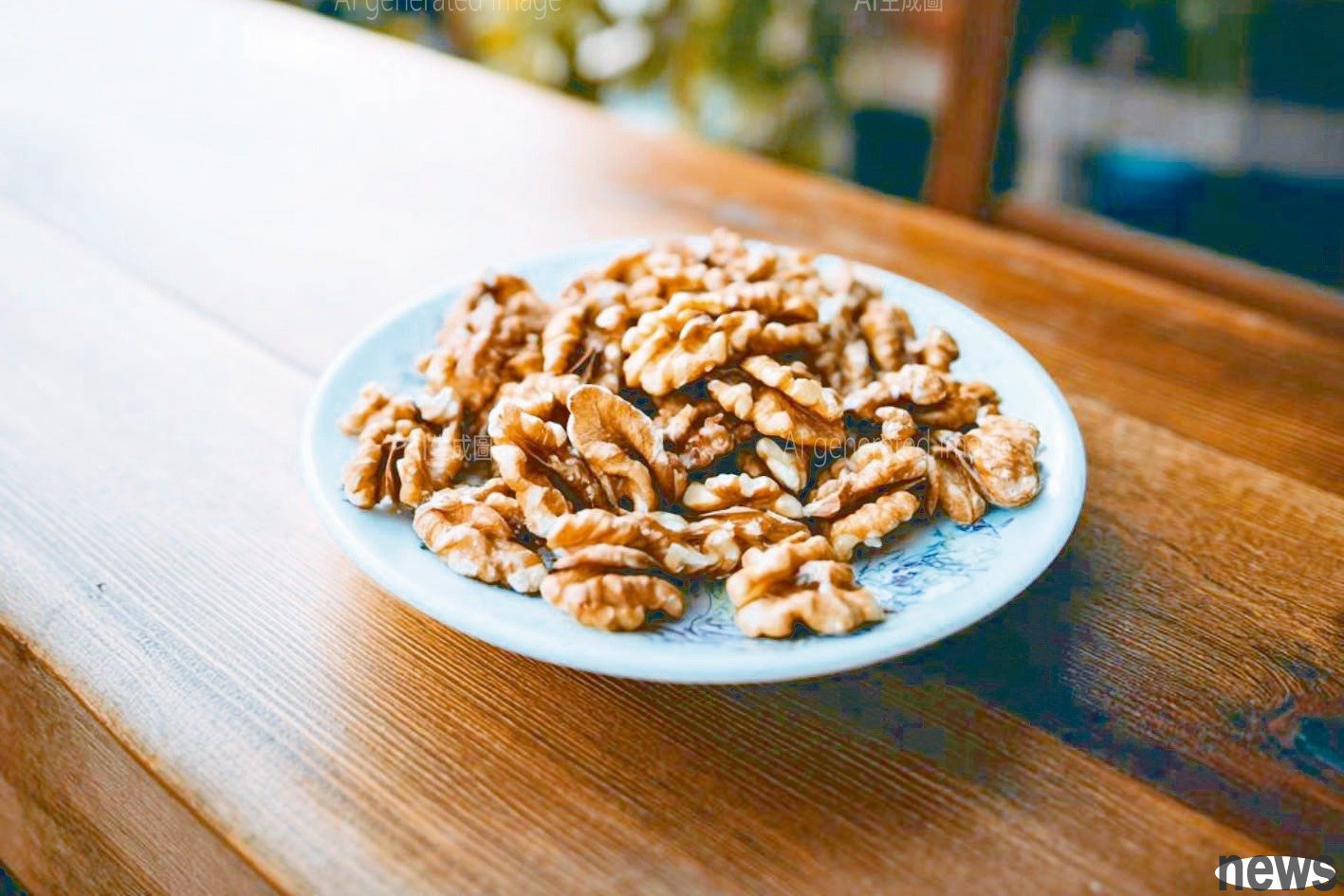After entering the age of 40, many people began to find that their memory became slow and their thinking was no longer agile. This feeling of "brain slowness" may be more obvious after experiencing health conditions closely related to &quo...

After entering the age of 40, many people began to find that their memory became slow and their thinking was no longer agile. This feeling of "brain slowness" may be more obvious after experiencing health conditions closely related to "brain fog" such as menopause or COVID-19. Although many people will be suffering from natural aging, the food they usually eat may also be one of the reasons why the brain is "kaka".
The brain is aging, but the elderly have higher "crystal intelligence".1MD Nutritional Consultant, Neurologist Alexander Zubkov pointed out that age increases the blood flow in the brain, and neurotransmitters related to memory, emotion, concentration, etc. also gradually decrease, such as dopamine, acetyl pyrogen and serotonin. In addition, as the age increases, oxidative pressure and chronic inflammation will accumulate in the body, which are the culprits of cognitive decline.
However, the aging of the brain is not entirely degraded. Yuko Hara, director of the Aging and Prevention Department of Alzheimer's New Drug Research Foundation (ADDF), said that although learning and memory will become difficult, verb volume and wisdom will increase with age. Older people have a higher "crystalliched intelligence" and can look at things more rationally and make judgments.
Hara emphasizes that healthy diet helps brain function and recognize health. She suggested that taking more foods with antioxidant and anti-inflammatory effects will help prolong brain aging. Zubkov supplements, diets with high nutrient density can provide the raw materials needed to neurotransmit materials, help cell repair, reduce inflammation, and combat oxidative damage.
List of foods that help the brain healthRegistered nutritionist Lauren Manaker lists several representative foods that are beneficial to the brain:
1. Teaincludes green tea, red tea, white tea and Ulong tea. This type of tea is rich in tea polyphenols (such as tartine, ketones) and can resist oxidative stress and inflammation. In addition, L-theanine in tea can help relax without drowsiness, and with caffeine, it can also improve visual sexuality and cognitive performance. Studies have shown that drinking green tea regularly has a positive relationship with better cognitive function.
2.WalnutsWalnuts that look like small brain bags of walnuts are considered super food for the brain. It is rich in antioxidants, oxidation and ALA type Omega-3 fatty acids. Studies have shown that the higher the ALA concentration in the blood, the better the energy reliance performance of the brain related to Alzheimer's disease, which is more significant for those with relevant genetic risks.
3. Mushroomscontain precious antioxidant components —— ergothioneine (ergothioneine), which fights brain oxidation and inflammation, and helps prolong neurodegenerative diseases. Mushrooms are also rich in vitamin B groups and amino acids, which help to maintain brain relieving and function.
Zubkov also recommends other good brain ingredients including:
4. Polyfat fish (such as fish, sardine)is rich in DHA-type Omega-3 fatty acids, which helps maintain brain cell structure.
5. Blueberryis rich in anthocyanins, which can resist oxidation and improve memory.
6. Deep green leaf vegetables (such as spinach, kale)contain leaf acid, vitamin K and leafy yellow, which helps to prolong cognitive decline.
Doctors warn that highly processed foods are the most "burning of brain tendons".In contrast, some foods are not conducive to brain health and may even promote inflammation and accelerate degeneration. "Highly processed foods, especially oils with excessive sugar, refined grains, trans fats and Omega-6 fat, can add inflammation and insulin impedance to brain."
Some studies even called Alzheimer's disease "type 3 diabetes", showing that it is closely related to epistemosis.
Helman also reminded that glutinous nitric acid, glutinous salt and foods containing artificial additives will harm blood vessel health and thus affect awareness. In addition, long-term exposure to agricultural medicine, plastic or heavy metal can also quietly weaken memory and focus.